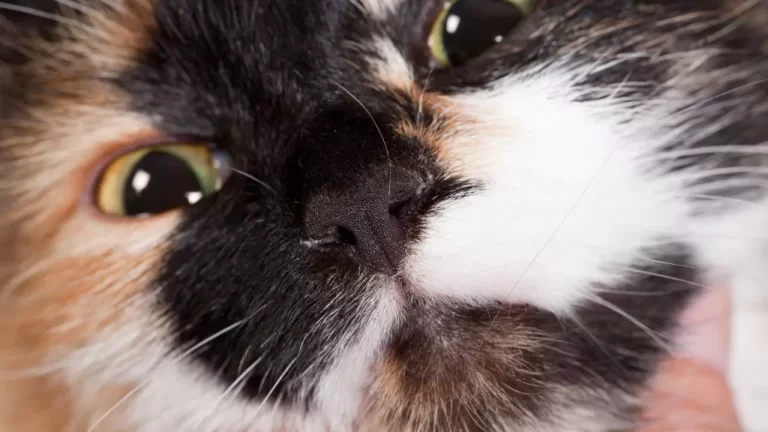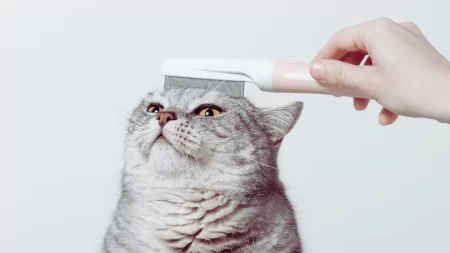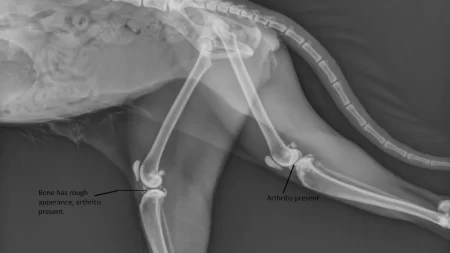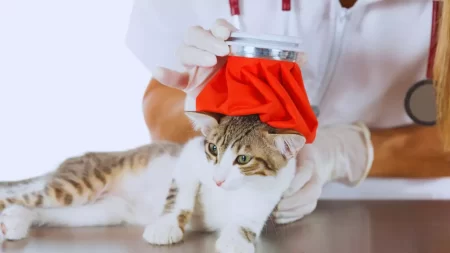A wet cat nose is often a sign of a healthy feline. It’s a result of a combination of natural bodily functions and environmental factors, all working together to keep your furry friend cool, healthy, and smelling like a champ.
Why Do Cats Have Wet Noses?
Several reasons contribute to a cat’s perpetually damp snout:
- Picking Up Scents: The moisture helps dissolve scent particles, enhancing their ability to smell. Imagine it like a cat licking the air, but with a built-in nose sponge. More dissolved scent particles mean a richer olfactory experience, helping them navigate their world and track down prey or potential mates.
- Natural Sweating: While cats don’t sweat through their fur like humans, their noses act as mini sweat glands. This mucus-like secretion helps regulate their body temperature, particularly in warm weather. As the moisture evaporates, it cools the surrounding blood vessels, keeping your cat comfortable.
- Tear Duct Drainage: Excess tears don’t just roll down a cat’s cheeks. Some drain through tiny ducts in the roof of the mouth and into the nasal cavity, ultimately ending up on the nose. This helps keep the nasal passages lubricated and free of debris.
- Humidity: Cats are sensitive to changes in humidity. In dry environments, their noses might become drier as they try to absorb moisture from the air. Conversely, humid environments can lead to a wetter nose due to increased moisture in the air.
- Drinking: Lapping up water can leave a little moisture on the nose, especially for enthusiastic drinkers. This is usually temporary and disappears within minutes.
Is a Wet Cat Nose Normal?
Absolutely! In most cases, a wet nose is a sign of a healthy cat. It indicates proper functioning of their bodily systems and helps them thrive in their environment. However, there are a few exceptions to keep in mind:
- Sign of Grooming: If you notice your cat frequently licking their nose, it could be a sign of excessive grooming or anxiety. This could be triggered by stress, boredom, or skin irritation. Monitor your cat’s behavior and consult a veterinarian if needed.
- Environmental Changes: Moving to a new home, introducing a new pet, or even changing brands of litter can cause stress and lead to a runny nose in some cats. The wetness usually subsides once they adjust to the new environment.
- Dietary Changes: Introducing a new food or treating your cat to something particularly rich or salty can temporarily affect their nasal discharge. Again, the wetness should disappear within a few hours.
- Respiratory Infection: A constantly wet or runny nose, accompanied by sneezing, discharge from the eyes, or lethargy, could indicate an upper respiratory infection. It’s crucial to consult a veterinarian if you suspect your cat might be sick.
Remember, every cat is an individual. While a wet nose is generally a good sign, it’s always best to observe your feline friend’s overall behavior and consult a professional if you have any concerns. After all, a healthy and happy cat is a curious, playful, and yes, undeniably wet-nosed one!







